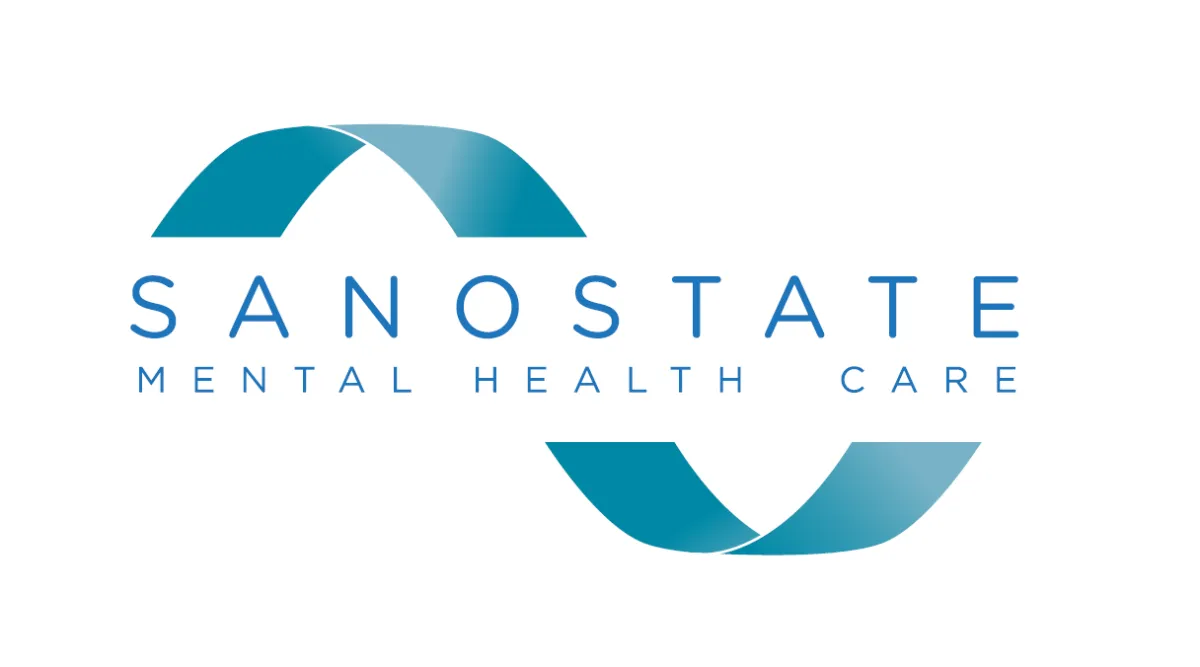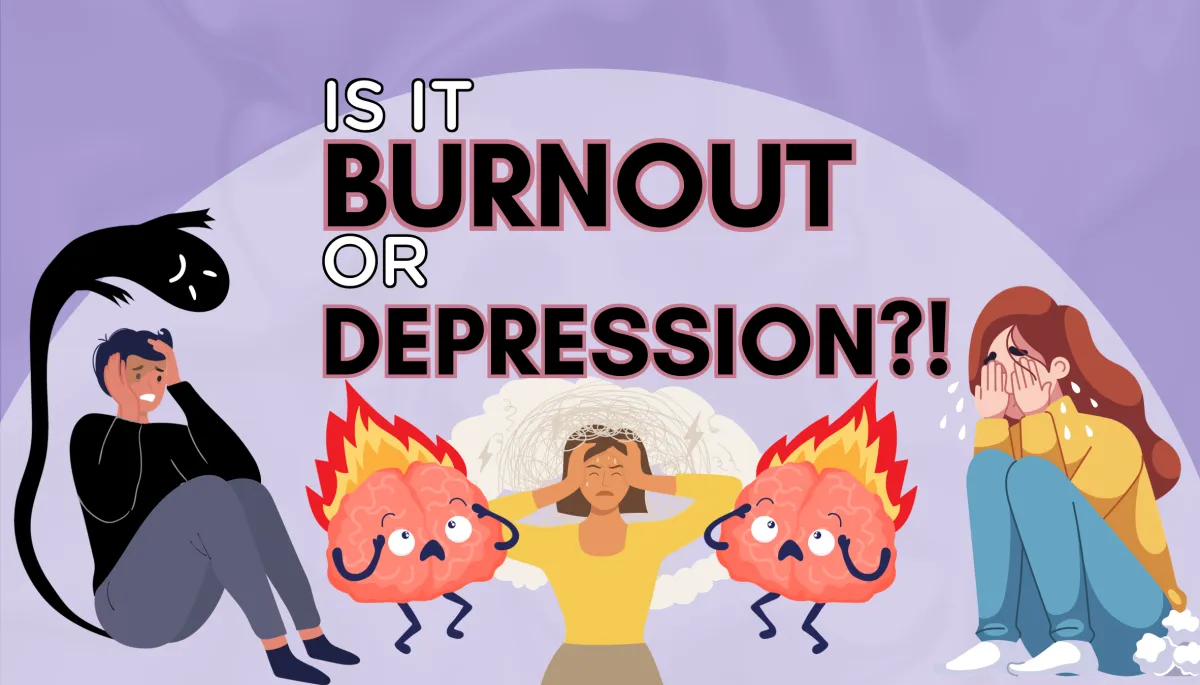General Inquiries: (587) 333-6349 - info@sanostate.com



Is it Burnout or Depression?
“Burnout will prevent us from feeling and acting like our best selves.” - Blake Ausmus
Burnout is a state of emotional, mental, and physical exhaustion caused by excessive and prolonged stress.
Burnout will prevent us from feeling and acting like our best selves. When it persists for a long time, we might start to think that it isn’t a situational issue, but a personality trait, or permanent disability.
Often, our self-awareness decreases as we get caught in the rat race of trying to keep up, and we slowly burn ourselves out. For example, while preparing and writing this short blog, I recognized I had been slowly burning out in the last while. This is why it’s essential to check in with yourself and others.
You can do this by taking an honest look at yourself.
Are you enjoying your life?
How much are you able to accomplish in a day?
When was the last time you caught yourself smiling for no apparent reason or having an evening so full of laughs it left your face or belly sore?
Do a check-in with others, too. Has a friend been less in touch with you than usual? Does your partner seem more irritable? Is a colleague falling behind at work?
Once you notice that burnout might be an issue, some things can be done about it. To put it simply, there are three ways to approach it.
Work on stressors – With a bit of effort, complete something that’s been weighing heavy on you. Or, maybe you need to set a project aside for now. That should include allowing yourself to put it out of your mind and your calendar.
Work on yourself – Do you need to get better at saying no? How are your four pillars of sleep, exercise, diet, and social interactions doing? Keep it simple, and choose to make those four things the priorities in your day.
Use aids - If a short-term or extended leave is necessary, a professional can help write a note for work and create a plan to help. Delegate some of your to-do list to someone else. Having my kids take out the garbage, recycling, and compost made a big difference for me. In more severe cases, some of the most effective tools I have found include guided meditation, yoga, and breathing techniques. If, for you, those options seem like a form of torture, I would recommend biofeedback, neurofeedback, or counselling.
If you are interested in what a brain suffering from burnout looks like, some research has been done using EEGs. Interestingly, several different patterns have been identified in the alpha waves. The alpha waves are the brainwaves that increase when that area of the brain is idling and decrease during a task. Think of them as being “Zen.”
Imbalances in alpha waves between the left and right hemispheres often exist with more negative and depressive thoughts. Having too much alpha, particularly in the frontal regions, can make it challenging to get motivated. Too little alpha is something seen if the brain struggles to relax. When alpha waves are moving too slowly, we can work with cognitive tasks. When they are too fast, it can lead to anxiety or perfectionism. The quick takeaway is that the brain can be affected in multiple ways.
It is best practice to take a look! Once we know how your alpha waves work, we can tailor a plan specific to your brain. Training these brainwaves with Neurofeedback has shown to be very effective at treating burnout at our clinics.
More than just our clinics are finding Neurofeedback to be a very effective treatment for burnout. A quick search on the Internet will find many other clinics saying the same thing. One recent study published in 2020 looked at Neurofeedback to help surgical residents with burnout. Results suggested that Neurofeedback helped improve their sleep, lower anxiety, and improve their cognitive workload.
If you are struggling with burnout, stop and reflect and talk to a loved one, too. Then consider contacting a professional if you think it could be helpful. Above all else, take good care of yourself.
If this is an area where you could use support, click HERE to connect or call 587-333-6349 💙.
Reference
Kratzke, I. M., Mazur, L. M., Campbell, A., Adapa, K., Meltzer-Brody, S., & Farrell, T. M. (2020). Reducing Residents’ Burnout Using Neurofeedback. Journal of the American College of Surgeons, 231(4), S254. https://doi.org/10.1016/j.jamcollsurg.2020.07.389
Disclaimer
Our content is for informational and educational purposes and is not a replacement for professional advice, diagnosis, or treatment. If you're facing mental health concerns, please seek help from a qualified professional for personalized guidance is vital. Every individual's situation is unique, so use the information here at your discretion. While we strive for accuracy, the field of psychology is ever-evolving, and our content may not always reflect the latest research. Please prioritize your privacy by avoiding sharing personal information in comments or interactions. Your well-being is our top concern, so use our content for educational purposes, but remember to rely on professionals for your specific needs.
General Inquiries:
Our Locations:
Additional Resources:
About Us:
We strive for excellence in psychological treatment. We are committed to providing professional, caring, innovative, and research-based services.
© 2024 Sano State Taylored Psychology. All Rights Reserved.

